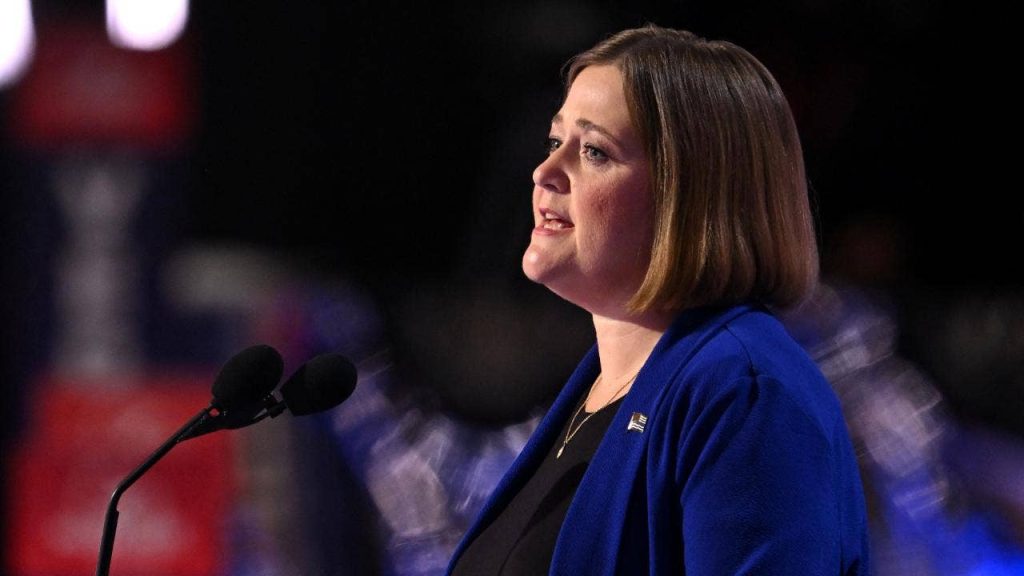Iowa Attorney General Brenna Bird is calling on the American Academy of Pediatrics (AAP) to update its guidelines for transgender youth to include warnings about the risks of puberty blockers and other hormone treatments. Bird, along with 20 other state attorneys general, signed a letter to the AAP expressing concerns about the safety and reversibility of puberty blockers. The letter accuses the AAP of abandoning sound medical judgment and calls for a halt on what they describe as “medical experimentation” on children.
Former President Trump has vowed to address the issue of procedures for transgender youth by restricting accessibility to minors. Vice President Kamala Harris’ stance on the issue is unclear, but the Biden-Harris administration has expressed support for overturning bans on sex change surgeries for children. Unsealed documents published over the summer revealed that health officials in the Biden administration pressured the World Professional Association for Transgender Health to omit the age limit in its guidelines for transgender surgical procedures for adolescents, sparking further controversy.
Last year, the AAP reaffirmed its commitment to supporting “gender-affirming care” and expanded its guidelines for pediatricians to ensure that young people receive the reproductive and gender-affirming care they need. The AAP has published reports advocating for transgender youth’s preferred gender identities, with a recent report highlighting the negative mental health impacts of legislation aimed at restricting transgender treatments for children. The AAP has not yet responded to requests for comment on the recent letter from the state attorneys general.
The controversy surrounding transgender youth procedures has become a significant issue in the culture wars, with differing opinions between political parties on how to approach the issue. The letter from the state attorneys general highlights concerns about the safety and permanence of puberty blockers and hormone treatments for children, emphasizing the need for more caution in these medical interventions. The debate reflects broader discussions about gender identity, healthcare, and children’s rights.
The AAP’s continued support for gender-affirming care for transgender youth has been met with criticism from some state attorneys general and other policymakers who believe that the risks of such treatments outweigh the benefits. The debate also touches on broader political divides between progressive and conservative viewpoints on LGBTQ rights and healthcare. As the discussion around transgender youth procedures evolves, it remains to be seen how policymakers at the state and federal levels will address the complex ethical and medical issues involved.
Overall, the push for the AAP to update its guidelines for transgender youth reflects broader concerns about the safety and appropriateness of medical interventions for young people struggling with gender identity issues. The involvement of state attorneys general and other policymakers in advocating for more caution and transparency in these treatments underscores the complexity of the debate and the need for a balanced approach that prioritizes the well-being of children. With ongoing political and cultural tensions shaping the conversation around transgender healthcare, it is likely that this issue will continue to be a point of contention and debate in the public sphere.













